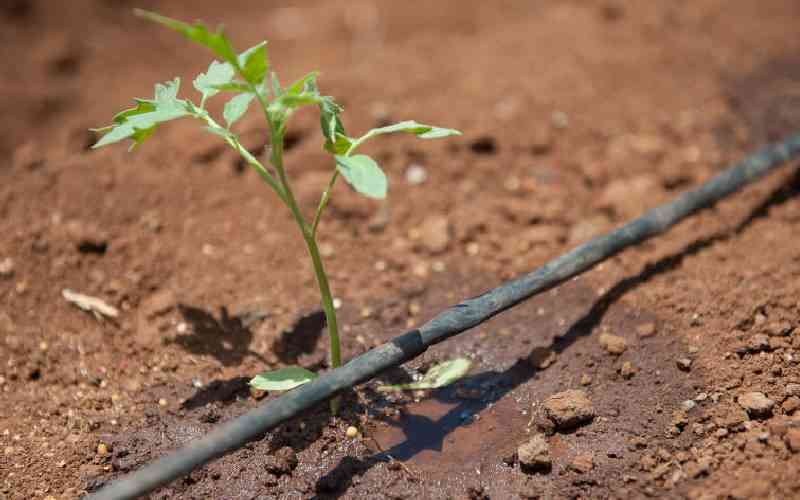
The errands I run for my employer have often revealed how one's own beloved and familiar systems can sometimes get quite outdated, and how they could also be brought up to speed for higher productivity. The ancient proverb "the introvert who barely travels thinks that his mother is the best cook in the world" comes to mind.
Israel has become an important traditional bench-marking destination for many countries aspiring to copy its breath-taking technological advancement, effective arid and semi-arid land (USAL) management practices, and legendary resilience in the face of diverse and improbable odds. Even long-standing Arab adversaries such as the UAE, Qatar and Saudi Arabia are finally beating shields into ploughshares, and normalising relationships with Israel.